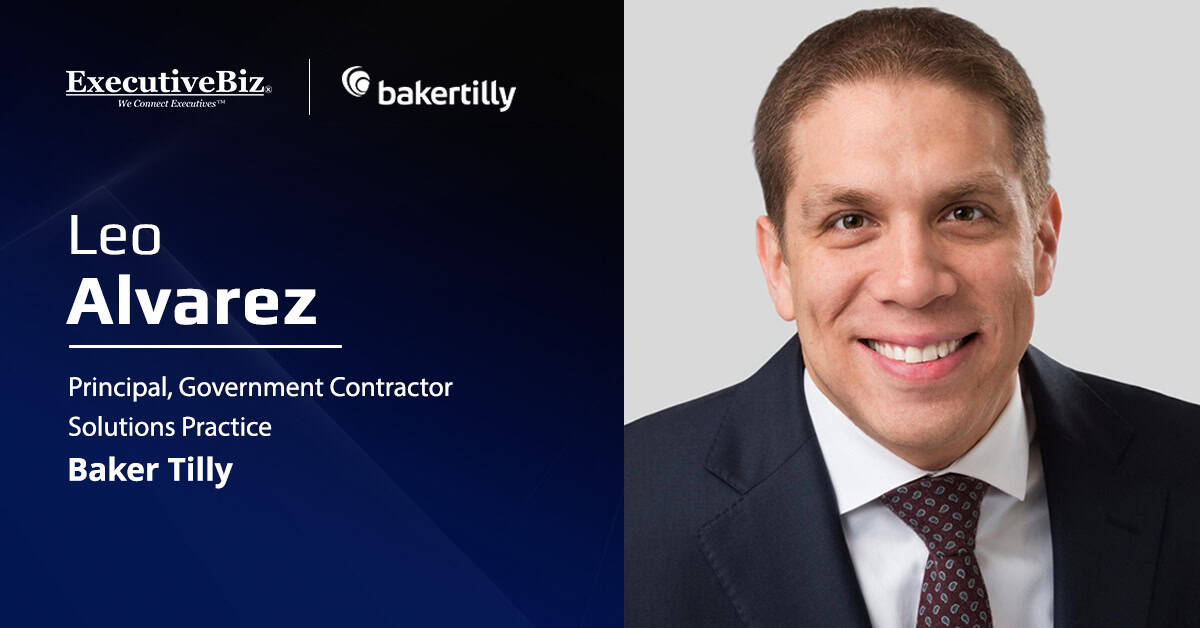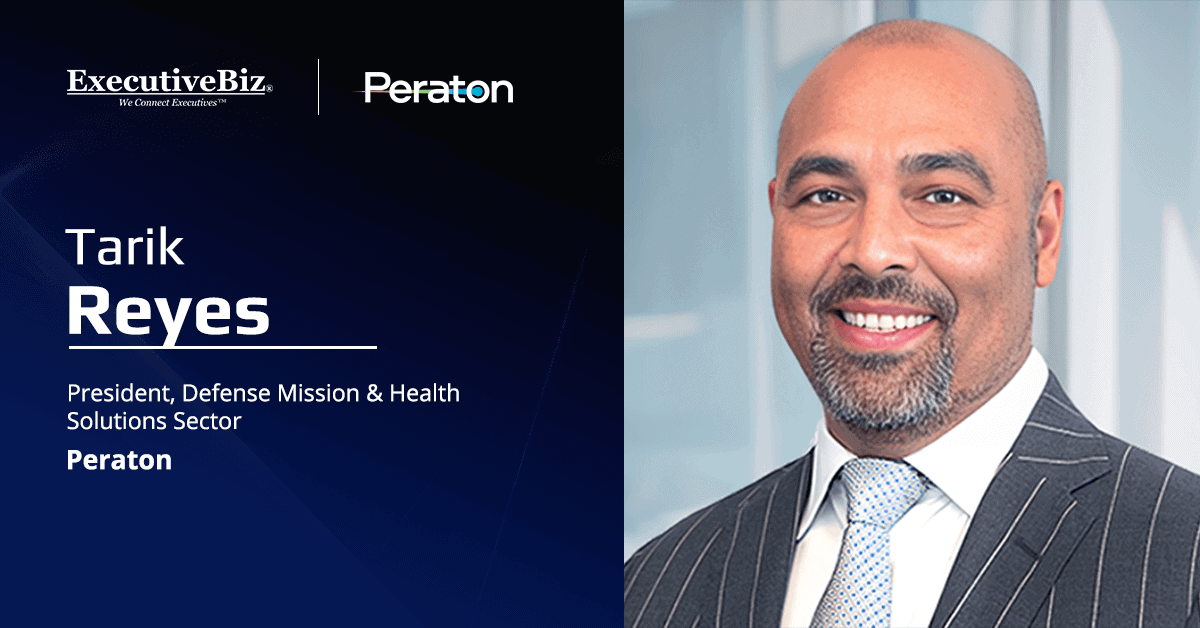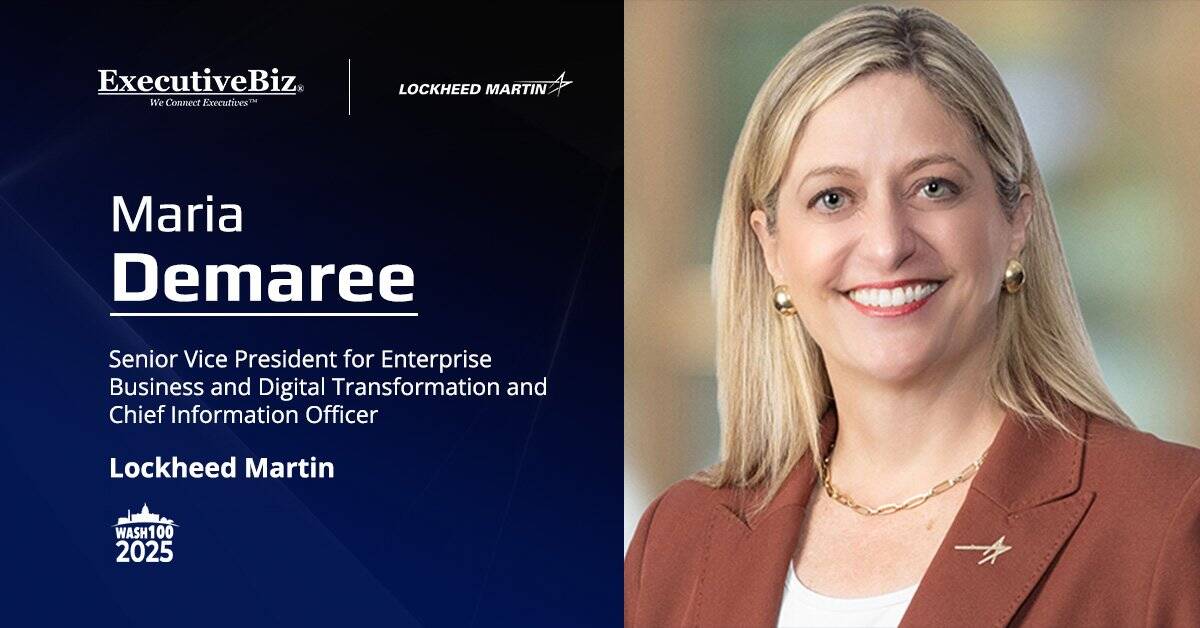Supply chain security is more essential to homeland security than ever before. Supply chains are foundational to global commerce, bringing cost efficiencies to the private sector, the federal government, state and local governments, and academia.
But the global aspect of modern supply chains means these same efficiencies also bring risks for U.S. GovCons. The growing reliance on services and goods sourced from across the world, and provided through digital infrastructure, allows bad actors to deny, disrupt, surveil or compromise how GovCons provide critical goods and services.
Leo Alvarez, a principal in the GovCon solutions practice at Baker Tilly, told ExecutiveBiz in an exclusive interview that supply chain security, such as protecting supply chains from the introduction of counterfeit material and cyber intrusions, can no longer be treated by GovCons as a box to check when bidding for contracts.
Get the latest details on supply chain security directly from Alvarez at the Potomac Officers Club’s 2025 Homeland Security Summit on Nov. 12! Learn the latest ways the federal government is using commercial off-the-shelf technology to ensure supply chain integrity at the “Contested Logistics on the Homefront: Securing Supply Chains for Homeland Resilience” panel discussion. Sign up today for this essential GovCon conference for technology professionals!
Alvarez said supply chain security is now a frontline homeland security issue.
“Geopolitical instability, regulatory demands and cyber threats mean the defense industrial base must treat risk management as a strategic asset, not just a compliance exercise,” he said. “At Baker Tilly, we work with government contractors to strengthen supply chain resilience with technology-enabled solutions that deliver real-time visibility, mitigate vulnerabilities and safeguard mission continuity.”
Why Supply Chain Security Is Important
Supply chain security is so important to homeland security that the Biden Administration in 2023 created a Supply Chain Resilience Center at the Department of Homeland Security to more proactively tackle threats, according to Federal News Network. The SCRC was initially tasked with focusing on vulnerabilities and threats inside U.S. ports.
The center analyzes risks to ports from adversarial nation-states, overdependence on untrustworthy equipment vulnerable to nation-state controls, insider risk, data extraction and unmonitored physical and virtual access. The SCRC works with port operators and authorities, shipping, logistics and transportation stakeholders and the Department of Transportation to perform its assessments.
What Are the Biggest Threats to Supply Chain Security?
Let’s dive into some of the leading supply chain risk factors to GovCons.
- Geopolitical tensions. Tariffs, revised alliances and other changes in trading policies can negatively impact companies that don’t have redundant or resilient supply chains, according to the Massachusetts Institute of Technology. GovCons with supply chains featuring single points of failure, such as relying on single regions for source materials, put them at risk for price hikes or slowdowns.
- Digitization of processes. The advent of cloud-based solutions and the growing application of data analytics may not be novel trends, but GovCons must consider them in their supply chain choices.
- Global network management complexity. Worldwide supplier networks remain the default in manufacturing, despite changing trade policies cutting global trade relationships. Managing the movement of services and goods across the world brings management difficulties.
How Do I Improve My Supply Chain Security?
Ensuring a high level of supply chain security is a challenging, but not impossible, task. The Office of the Director of National Intelligence offers GovCons four steps to bolster their supply chain security to better protect it from nefarious actors.
- Identify crucial supply chain relationships; such as vendors, suppliers, customers and employees
- Know the weak spots that each relationship brings
- Determine the consequences that could take place if these trusted partnerships become unreliable, broken or exploited
- Create a foundational supply chain security plan to minimize potential risks, address the consequences, and alter the supply chain relationship as needed
Alvarez will join government and industry representatives on a panel discussion how DHS is using AI in supply chain security at the Potomac Officers Club’s 2025 Homeland Security Summit on Nov. 12! Gain actionable business intelligence on operational strategies for disaster recovery and adversary-driven supply chain threats at the “Contested Logistics on the Homefront: Securing Supply Chains for Homeland Resilience” panel. Secure your seat today and generate new business opportunities in homeland security!






